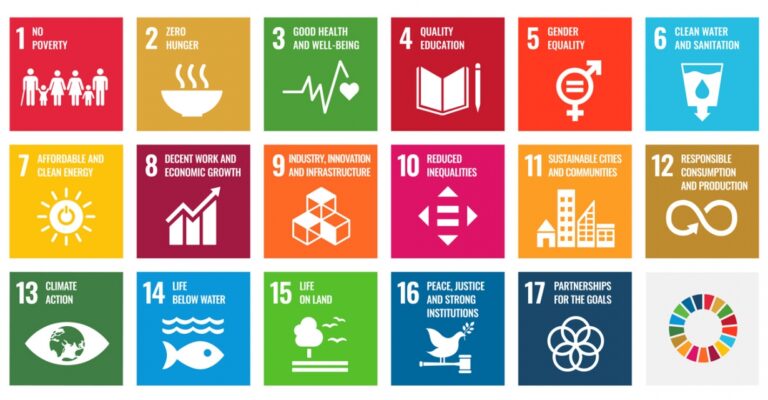
The National Planning Commission (NPC) has indicated that it will be difficult to achieve Sustainable Development Goals (SDGs) with the existing working style and modality.
NPC secretary Kebal Prasad Bhandari said this while briefing the National Assembly, Sustainable Development and Good Governance Committee about the achievements made in meeting the SDGs.
He cautioned that it would be difficult to meet the SDGs if the political leadership continued with the existing working style and structure in line with the current practice.
“There is a big opportunity for success in periodic elections to the political leadership that works with sincerity and responsibly,” he said.
The United Nations had set the SDGs in September 2015 so that no one would be left behind in any aspect of development.
The goals were determined to be fulfilled from 2016 to 2030. The SDGs comprise 17 goals, 169 outcome goals and 232 global indicators.
NPC Vice-chairman Dr Bishwonath Poudel stressed the long-term vision of the political leadership, a well thoughtout plan on the part of the employees and development of a system for result-oriented works.
On the occasion, Committee member Bamdev Gautam expressed commitment to fulfil the desirable role in a bid to meet the SDGs.
Another member, Dina Nath Sharma stressed the need to expedite infrastructure development and link education with production. He urged the NPC to play a proactive role to foster coordination among the three tiers of government to attain the SDGs.
Committee President Taradevi Bhatta urged the NPC to carry out effective monitoring and assessment regarding the implementation of development projects in a bid to meet the SDGs.
Assessment of the SDGs implementation in Nepal over the last four years exhibits some encouraging results. As of Fiscal Year 2017/18, the incidence of poverty has been reduced to 18.7 (SDG1).
Similarly, prevalence of underweight, stunting and wasting among children under 5 years of age has decreased significantly (SDG2). In health sector, infant mortality, maternal mortality, and child mortality rates have been reduced (SDG3).
The gross enrolments in basic and secondary level education stood at 93% and 46% against the 2019 targets of 98.5% and 72% respectively (SDG4).
However, the socio-economic shock of COVID-19 has caused unprecedented disruption in transportation, service sector, tourism, hospitality industry, revenue, and remittances. Areas of income, poverty, employment, and economic growth, will bear the fallout while the existing financing gap widens.
Other prominent challenges include localization of SDGs, lack of adequate data, and coordination and follow-up. Therefore, closer cooperation, coherence and coordination among governments, development partners, civil society, business community, volunteers, and people will be critical. Enhanced level of global partnership is equally important.
(With input from RSS)





